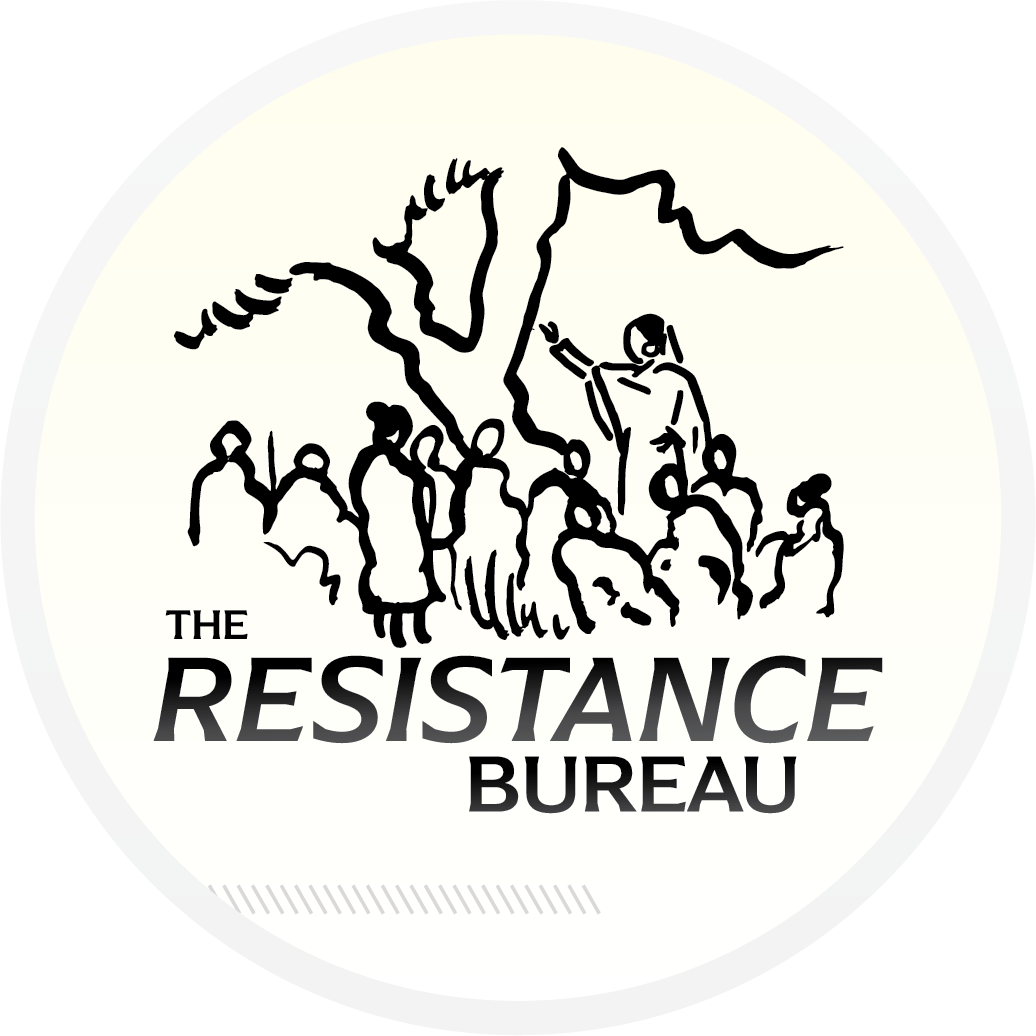America in Africa: Genuine Partners or Neocolonialism?
During this era of ‘African solutions for African problems,’ combined with distress about the decline of American democracy, many have been asking: Is it time for the U.S. to mind its own business in Africa? Or should the world’s most powerful democracy – despite its shortcomings – engage in more substantive ways to match its often-lofty rhetoric on democracy and democratic rights with concrete action?
As America considers stepping up its engagement with African heads of state ahead of the U.S.-Africa Leaders Summit, planned for December, this show will bring together relevant political leaders, analysts, and activists to discuss what the next phase of U.S.-Africa relations should look like. Which side of the debate will you be on?
The U.S. has long been among the biggest spenders and most influential foreign powers in Africa. During the late 1980s and early 1990s, for example, it used this influence to push for democratization at a time when multi-party democracy first began to flourish; and the U.S. has consistently been one of the largest providers of foreign aid to the continent, spending hundreds of billions of dollars over the decades on initiatives from education and poverty reduction to investments in civil society and the private sector.
America’s involvement in Africa has also been consistently controversial. From propping up dictatorships from the Cold War onward, to promoting a form of economic adjustment that undermined public services, the U.S. has been accused of pursuing its own interests rather than Africa’s, often placing ‘security’ interests ahead of valid human rights concerns.
Some experts will argue that this blemished and uneven track record does not mean that Africa, writ large, would be better off without American investment; instead, the U.S. should back up its engagement and refocus its strategy to deliver what Africans themselves clearly want – including free and fair elections, accountability for their leaders, to live in peace and security, and for their voices to be genuinely heard and respected.
While perceptions of America are different in each African country, surveys have shown that most citizens wish to live in a democracy that engages with international partners. Many also believe that U.S. involvement will be increasingly important to counterbalance the authoritarian influences from China and Russia. But if America is to play a constructive role in Africa’s future, how can it avoid repeating the grave mistakes of the past?
Join us to find out!
Meet our speakers
Bobi Wine
Bobi Wine is an award-winning musician from Uganda whose voice has resonated around the world due to his talents well beyond the arts, serving first as an outspoken member of parliament and later as head of Uganda's main pro-democracy opposition movement, the National Unity Platform. He is regarded for his steadfast stand against dictatorship, including by Foreign Policy Magazine, who has named him among the world's Top Global Thinkers.
Zachariah Mampilly
Zachariah Mampilly is a respected political scientist and author who is currently the Marxe Endowed Chair of International Affairs at the Marxe School of Public and International Affairs (Baruch College). He has held several distinguished fellowships, including most recently at the Open Society and U.S. Holocaust Museum. He is the author of numerous academic articles, chapters, and books, including 'Africa Uprising: Popular Protest and Political Change.'
Kah Walla
Kah Walla is president of the Cameroon People's Party and the first woman in Cameroon's history to contest for the presidency. She is a multi-talented and successful entrepreneur, running a consulting firm that operates on five continents, and has been recognized by Newsweek magazine as among the '150 Women Who Move The World.' Despite having endured beatings, arrests and kidnapping for her work in Cameroon, she remains an outspoken defender of human rights and an advocate for the marginalized.
Discussion
Elizabeth Shackelford
Elizabeth Shackelford is an author, analyst, and a former U.S. diplomat who resigned in protest in 2017 to call attention to the declining state of diplomacy under the Trump administration. Today, she is a senior fellow in U.S. foreign policy with the Chicago Council on Global Affairs. In 2020, she wrote about her foreign service experience in a book entitled, 'The Dissent Channel: American Diplomacy in a Dishonest Age,' which won the Douglas Dillon Book Award.
Nic Cheeseman
Nic Cheeseman is the Professor of Democracy and the Director of the Centre for Elections Democracy Accountability and Representation (CEDAR) at the University of Birmingham. As well as the author of Democracy in Africa and How to Rig an Election, he is the editor of Democracy in Africa, a columnist for Africa Today and the Mail&Guardian, a contributing editor to The Continent, and an election junkie.
Moderation
Mantate Mlotshwa
Mantate Mlotshwa is a passionate advocate for the meaningful contribution of women and youth to democracy and governance processes. The Founder of the creative brand U Motle, she has earned a reputation for speaking her mind and promoting positive messages of liberation and emancipation in Zimbabwe and beyond.
Jeffrey Smith
Jeffrey Smith is an award-winning human rights campaigner, social media influencer, and a prolific writer. He is co-creator of The Resistance Bureau and also founding director of Vanguard Africa, a global nonprofit organization that partners with visionary African leaders to build campaigns for democracy and ethical leadership.







